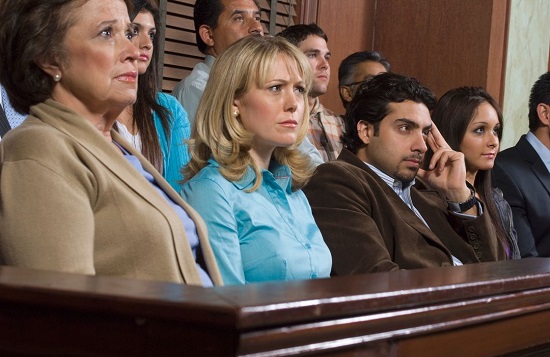On July 28, 2023, the Michigan Supreme Court announced its decision on two premises liability cases, Kandil-Elsayed v F&E Oil and Pinsky v Kroger. The decisions in these two cases present a landmark change in Michigan premises liability law.
Prior to the announcement of the Kandil-Elsayed and Pinsky cases, the landscape of premises liability law had remained virtually the same since 2001when the Michigan Supreme Court then announced the case of Lugo v. Ameritech. Since 2001, premises owners have enjoyed virtual immunity from premises liability claims. Pursuant to Lugo, if a patron slipped or tripped and fell upon the premises of the landowner, and that injured individual could later see what it was that caused their fall, i.e. a hole in the parking lot or a wet spot on the floor, the claim would be barred by the Open an Obvious Doctrine. Since 2001, judges have been forced to apply the Open and Obvious Doctrine to the facts of premises liability cases and that has resulted in a very high percentage of cases being dismissed out of court with the injured person’s case never being heard by a jury.
Under the new standard announced by the Michigan Supreme Court, the Open and Obvious Doctrine, as a matter of law, is overruled. Instead, a new comparative negligence standard and reasonable person standard now apply. Basically, this equates to an analysis of whether or not a reasonable premises owner would/should have repaired the hazard, and, whether the injured party should have done something to avoid the hazard. The premises owner can certainly argue that the hazard was “open and obvious” to the casual observer, but the Open and Obvious Doctrine can no longer be used as a basis by which judges will be forced to dismiss the case. Instead, it will be up to a jury to decide the comparative fault between the premises owner and the injured party.
What Does This Mean?
Now, as a result of the Michigan Supreme Court’s recent decisions, an injured party’s case will be heard by a jury of its peers. It will be for the jury decide whether or not the premises owner acted reasonably in its upkeep of the premises. Additionally, a jury will look to see whether or not the injured party acted reasonably in their observation of the premises and in their attention to where they were traversing.
The 51% Rule
Michigan comparative negligence is controlled by what is known as the 51% rule. Under this standard, an injured party is able to be comparatively negligent up to, and through, 50% comparative negligence. This means that the injured party can be awarded damages for their injuries, and their damages will be reduced by their own percentage of fault up to 50%. However, if the injured party is more than 50% negligent, i.e. 51% or more, then the injured party is barred from recovery by Michigan law (under the 51% rule).
Where Do We Go From Here?
From the standpoint of the injured party, this change in the Michigan premises liability standard is very positive. Instead of the injured party’s case being thrown out of court by a judge prior to a jury trial, the injured party’s case will be, instead, heard by a jury of their peers. Prior to the announcement of this case, many injured parties could not find an injury attorney who was willing to take their case. Reasonably, the attorneys would reject these cases because of the fact that there was such a high substantial likelihood that the case would be thrown out of court.
Do I Have a Case Now?
The statute of limitations for a premises liability case in Michigan is three years. If you’ve been injured as a result of a slip or trip and fall, you may be entitled to compensation. However, your case must be filed within the first three years following your accident.
Call now for a free consultation with the experience attorneys of Femminineo Law so we can assess your case and get you the compensation you deserve. You can reach us directly at 855.65.CRASH or contact us today.



